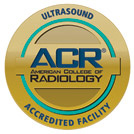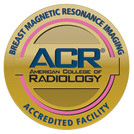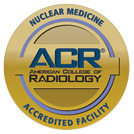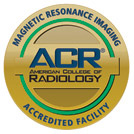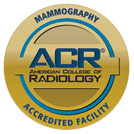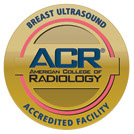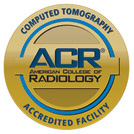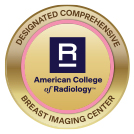As women age, the importance of breast health grows. On average, 1 in 8 women will be diagnosed with breast cancer in her lifetime. Certain precautions, such as annual mammograms after age 40, can help detect abnormalities before they become serious. Magnetic resonance imaging (MRI) of the breast is another method used to test the tissue and fluids for complications. At Midstate Radiology Associates, we offer these screenings in a comfortable setting with experienced Advanced Women’s Imaging radiologists.
What Is a Breast MRI?
MRI can produce detailed images of various areas within the body. The machine uses a magnetic field and radiofrequency waves to yield pictures of different structures. This screening method is often used in addition to mammography or ultrasound, when an abnormality needs to be further evaluated. Breast images are transmitted electronically to a computer, where they can be viewed and analyzed by our radiologists in real time.
Who Should Have This Procedure?
Breast MRI is often used to screen women at high risk for breast cancer. In many cases, if a mother or sister was diagnosed with breast cancer over age 50, this family history increases breast cancer risk. It is one of the best methods of identifying breast defects, including:
- Silicone breast implant ruptures
- Determination of the cancer’s progression post-diagnosis
- Evaluation of lumpectomy sites after breast cancer treatment
- Abnormalities found during a mammogram or ultrasound
This non-invasive medical test can detect further details than other imaging techniques.
What You Can Expect
On exam day, patients will be asked to wear loose-fitting clothing or change into a gown before the procedure. Patients should follow regular dietary guidelines unless told otherwise. The radiologist should be made aware of medical devices implanted in the body.
During the procedure, patients are placed on an examination table face down. The breasts are screened with slight compression, for improved comfort.
Magnetic resonance imaging can cause some of these electronic devices to malfunction. Patients who have recently had surgery or may be pregnant should also inform the doctor.
A contrast material may be injected to increase the distinction between structures and fluids in the body versus abnormalities. The contrast materials help produce better MRI results but may cause allergic reactions in patients allergic to iodine or gadolinium.
Is Breast MRI the right procedure for you? Contact us to make an appointment today!





